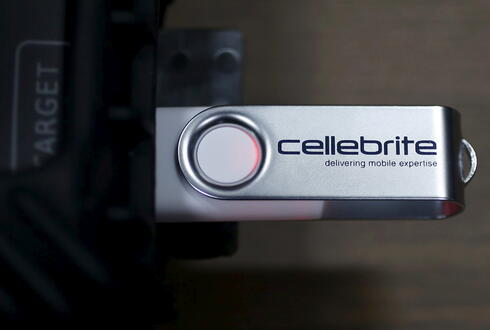
Cellebrite acquires Corellium in $170M deal to push into virtual device security
The deal brings advanced Arm-based simulation into digital forensics, expanding reach across defense and DevOps.
Cellebrite, the Israeli digital forensics company best known for helping law enforcement unlock and extract data from encrypted devices, is making a significant bet on the future of virtual device security. The company announced on Thursday that it will acquire Corellium, a U.S.-based pioneer in Arm-based virtualization, in a $170 million cash-and-equity deal.
The acquisition, expected to close this summer pending approval from the Committee on Foreign Investment in the United States (CFIUS), reflects Cellebrite’s ambition to deepen its capabilities beyond digital evidence extraction and into live simulation and vulnerability discovery, particularly across devices powered by Arm, the semiconductor architecture embedded in nearly every smartphone and an increasing number of edge and automotive systems.
Founded by veteran hacker and engineer Chris Wade, Corellium has spent the past decade building tools that allow researchers and developers to simulate mobile operating systems in secure virtual environments, effectively turning physical iPhones, Androids, and other Arm-based systems into high-fidelity digital twins. The result is a platform capable of identifying mobile software vulnerabilities and enabling "walkthroughs" of a device’s architecture without tampering with its forensic integrity.
“With Cellebrite’s offerings, users have blueprints—technical schematics of what is on a device,” Wade said. “With the addition of Corellium’s technology, users will virtually walk through the device, explore every room, and open every door.”
Wade will join Cellebrite as chief technology officer, and his team, including leading figures in the world of malware analysis and mobile exploit discovery, is expected to bolster Cellebrite’s R&D bench strength at a time when the security stakes of mobile and IoT infrastructure are intensifying.
The strategic logic behind the deal is clear. Cellebrite, which went public on Nasdaq in 2021 and serves police departments, intelligence agencies, and corporate compliance teams worldwide, has been under pressure to broaden its product suite and sustain growth amid rising scrutiny of surveillance tech. Corellium offers a new vector: instead of just extracting data from phones, the combined platform could allow for continuous, dynamic testing of any Arm-based device, from smartphones to cars to industrial sensors.
“This combination goes beyond their technology,” said Cellebrite interim CEO Thomas E. Hogan. “It includes some of the brightest minds in vulnerability research, malware analysis, and security testing.”
The move also positions Cellebrite closer to the software supply chain, where cybersecurity threats often take root, and into the DevSecOps market, where companies are racing to secure code as it’s developed, rather than retroactively after a breach.
Corellium’s virtualization tools, already used by over 500 organizations, have proven particularly valuable in environments where physical access to hardware is limited, expensive, or slow. The acquisition could also make Cellebrite a key player in mobile penetration testing, where Arm-native simulations can reveal hidden flaws in apps and operating systems without triggering anti-tamper defenses.
Financial terms include $170 million in upfront consideration, $20 million of which will convert to equity, and up to $30 million in contingent payments tied to performance milestones over the next two years.















